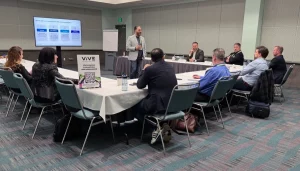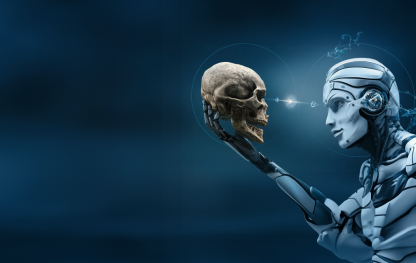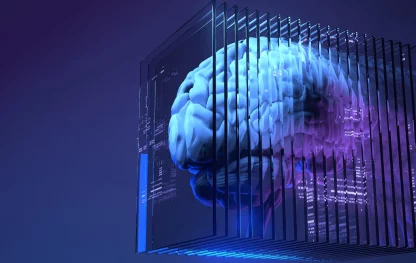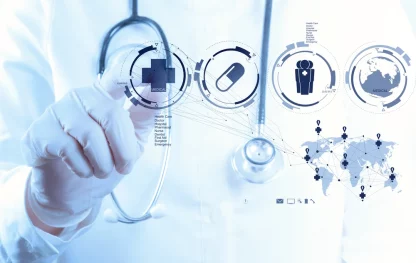
OUR APPROACH
From Proof of Concept to Production - Applied AI
Generative AI isn’t theoretical—it’s already transforming healthcare, and Genzeon is leading the charge with Applied AI solutions that work in the real world.
We specialize in taking AI from whiteboard to workforce, turning proof-of-concept pilots into enterprise-grade, production-ready tools. With a focus on compliance, data privacy, and measurable business value, we don’t just imagine the future—we help you build it. From first use case to full-scale rollout, your AI initiative is in expert hands.
Learn more from our Frameworks section below.

GenAI LLM Calculator
Genzeon’s LLM Economics Calculator helps you budget and plan your AI projects more effectively by providing a clear picture of potential expenses. Whether you’re building innovative use cases or seeking to optimise your AI projects, our platform provides the flexibility and scalability you need to succeed.

HOW WE APPROACH AI
Our AI Frameworks
Applied AI Implementation Framework
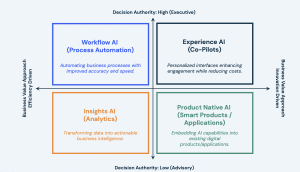
Our Applied AI Implementation Framework helps to determine the feasibility and fit of different AI solutions in an organization’s live environment.
Gen AI Readiness Index
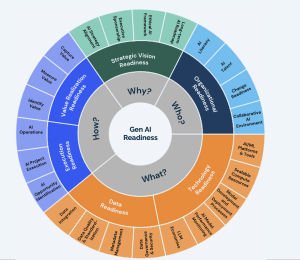
We use our GenAI Readiness Index (GenAIRI) to determine the crucial elements within an organization to ensure success with AI initiatives.
GEM Framework
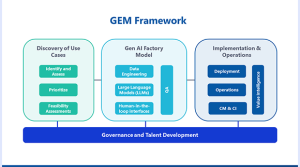
With our GenAI Enablement Model (GEM) Framework, you can transistion GenAI Solutions from proof of concept to production, while refining data, ensuring compliance, establishing governance, and addressing operational challenges
KNOWLEDGE HUB
Latest AI Insights
Get Your Best Foot Forward with AI
Talk to our experts about applying AI to your healthcare organization
Frequently Added Questions
Genzeon applies AI through real-world use cases that move from pilot projects to production-ready solutions. The focus is on compliance, data privacy, and measurable business value at every step.
The company provides several healthcare-specific service lines, including Gen AI Consulting, Clinical Operations, Provider Data Management, and Role-based Copilots. Each area is designed to support clinical and operational goals while delivering tangible results.
Genzeon uses structured frameworks such as the Applied AI Implementation Framework, GenAI Readiness Index, and GEM Framework. These tools help assess readiness, align data and governance, and ensure a smooth path from concept to production.
AI assists with processes like prior authorization, utilization management, and provider data accuracy. These efforts reduce administrative burden, improve data reliability, and allow clinicians to focus more on patient care.

